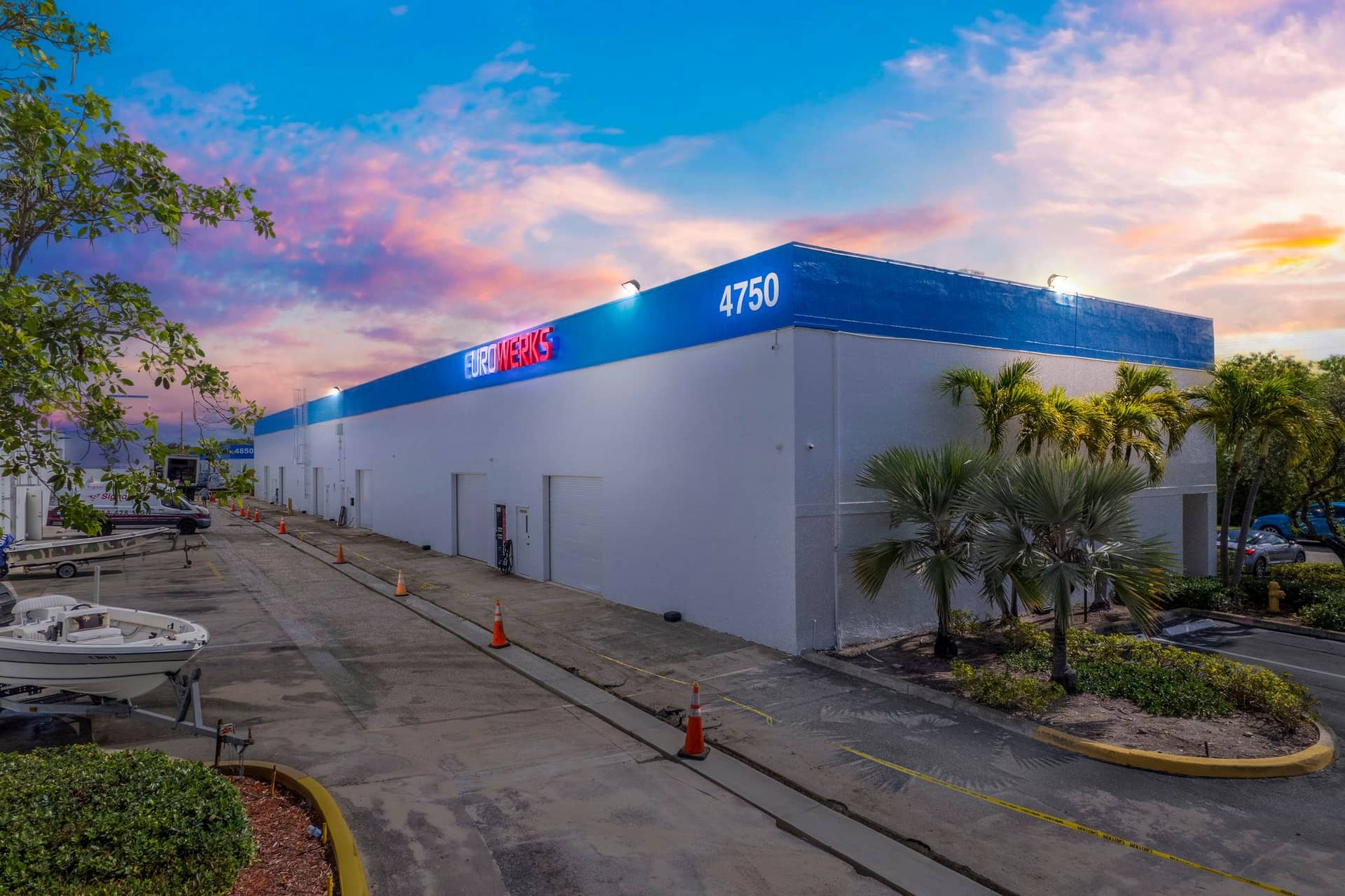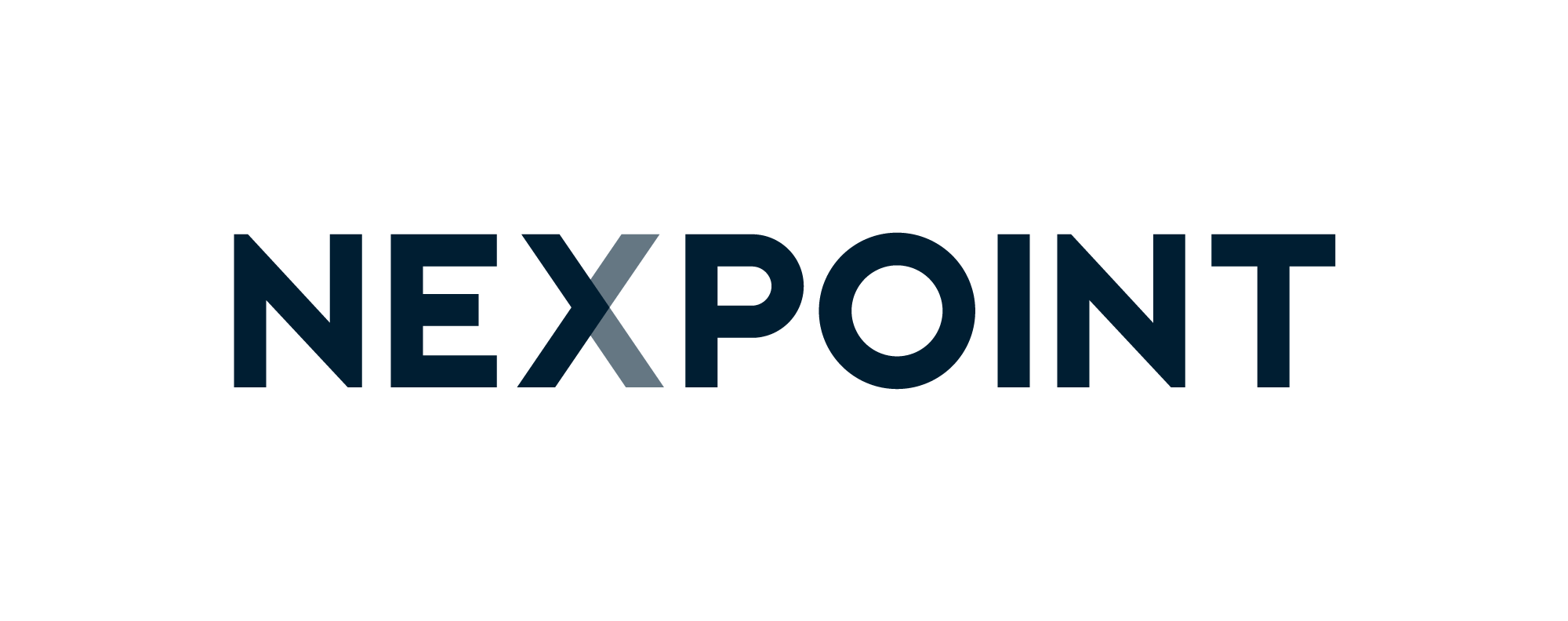Investors
DSTs/1031 Exchange
Overview
DSTs and 1031 exchanges allow real estate investors to defer capital gains and depreciation recapture taxes by reinvesting proceeds from a property sale into like-kind real estate, which can potentially maximize tax efficiency.
$15.7B
Real Estate Assets Under Management1
$1.09B
$21.7B
1. Real estate assets as of 09/30/2025, inclusive of affiliates.
2. Real estate assets acquired from January 1, 2012, to September 30, 2025, inclusive of affiliates.
Current Open Offerings
- Industrial
- Multifamily
- Storage
- Manufacturing
- Life Sciences
- Lodging
Multifamily
- Birmingham, AL
- Original Equity: $32.9
- Loan-to-Capitalization: 49.9%
This Offering presents an attractive long-term investment opportunity driven by its strong competitive positioning within the Birmingham MSA and Southeast Birmingham submarket, benefitting from proximity to major regional healthcare and employment hubs, the high-growth 280 Corridor, an affordable rental profile, and a robust amenity package.
Small Bay Industrial
- Deerfield Beach, FL and Richardson, TX
- Original Equity: $50.3M
- Loan-to-Capitalization: 44.9%
- Brand Value: Basis Industrial
This Offering presents a portfolio of two small bay industrial properties located in the Miami-Fort Lauderdale-West Palm Beach metropolitan statistical area (the “Miami MSA”) and Dallas-Fort Worth metropolitan statistical area (the “DFW MSA”).
Multifamily
- Orlando, FL
- Original Equity: $46.3M
- Loan-to-Capitalization: 53.1%
- Brand Value: BH Management
NexPoint believes this Offering presents an attractive long-term investment opportunity in the Orlando MSA. The Offering is supported by strong population growth and housing demand, stable and rising household incomes, and proximity to world-renowned retail and entertainment destinations – all within one of the most visited and dynamic cities in the United States.
Lodging
- West Jordan, UT
- Original Equity: $27.9M
- Loan-to-Capitalization: 0%
- Brand Value: Residence Inn by Marriott
Extended-Stay Hotel in One of the Fastest Growing Cities in Utah1
LIFE SCIENCES
- Philadelphia, PA
- Original Equity $63.5M
- Loan-to-Capitalization 36.23%
- Tenant: Adare Pharma Solutions, Inc.
Portfolio of two life sciences assets located in Philadelphia, PA, an emerging submarket in the life sciences space.
LIFE SCIENCES
- Woodbury, MN
- Original Equity $62.0M
- Loan-to-Capitalization 50.52%
- Tenant: Kindeva Drug Delivery L.P.
This Offering features a state-of-the-art 137,811 square foot industrial property that was built-to-suit the global headquarters of the Tenant, Kindeva Drug Delivery L.P.
SELF-STORAGE
- Nashville, TN & Temple Hills, MD
- Original Equity $45.3M
- Loan-to-Capitalization: 0%
- Operator: Extra Space Storage
Two self-storage assets in two of the fastest-growing MSAs, representing new construction with the latest “GenV” technology, and are managed by Extra Space Storage.
SMALL BAY INDUSTRIAL
- Orlando, FL
- Original Equity $77.1M
- Loan-to-Capitalization 49.80%
- Operator: BaySpace
Two strategic Small Bay Industrial Properties with high occupancy rates and attractive mark-to-market opportunities in Orlando, FL MSA with above-average population, employment growth, and near-zero vacancy rates.
INDUSTRIAL
- Temecula, CA
- Original Equity $211.9M
- Loan-to-Capitalization 35.39%
- Tenant: Skorpios Technologies, Inc.
Industrial manufacturing property featuring a triple net, brand new 15-year lease with built-in 3% rent bumps every year.
- The loan-to-capitalization ratio (“LTC”) is the ratio of a loan to the capitalization of an asset purchased. For instance, if someone borrows $80,000 to purchase a property worth $100,000, the LTC ratio is $80,000 to 100,000, $80,000/100,000, or 80%.
Press Releases
Contact Information
Shareholder Services
NexPoint DSTs & 1031 Exchanges
877.665.1287
Director of Shareholder Services, Retail
Brian Fuentes
214-550-8274
Sales Consultants
NexPoint Sales Desk (Main)
833.697.7253
DSTs/1031 Exchanges
DSTs are not suitable for all investors, and are speculative, illiquid, and involve a high degree of risk, including the possible complete loss of your investment.
A Delaware Statutory Trust (DST) is a legal entity created under Delaware law as a trust that holds title to 100% of the interest in real property.
Investors acquire a beneficial interest in the trust, with limited personal liability for the underlying assets. DSTs differ from Tenancy in Commons (TICs), another 1031 Exchange fractional ownership strategy, in that each investor does not own a fractional, undivided interest in a property as a co-owner. Therefore, DST investors are not required to share the associated costs of ownership or be considered “tenants in common.”
- There will be no public market for the interests, limited transferability and lack of liquidity
- There is no specified time that the investment will be liquidated.
- Delaware Statutory Trusts (DSTs) are a relatively new vehicle for real estate investment and are inflexible vehicles to own real property.
- Investors will have no voting rights and will have no control over management of the trust or the Property.
- There is no guarantee that investors will receive any return.
- Distributions are not guaranteed and may be sourced from non-income items and constitute a return of capital.
- DSTs will be subject to the risks generally associated with the acquisition, ownership and operation of real estate including, without limitation, environmental concerns, competition, occupancy, easements and restrictions and other real estate related risks.
- No assurance that the disposition of property will allow for the repayment of outstanding indebtedness;
- Payment of significant fees to the advisor, sponsor and its affiliates;
- Limited powers of the advisor with respect to the properties;
- Potential conflicts of interest;
- Risk that a prospective purchase may not be consummated;
- Risk typically associated with real estate and real-estate-related debt securities;
- Accredited investor use only.
- Risks related to retaining tenants and/or re-leasing properties;
- Risk that a program’s operating results will be adversely affected by economic and regulatory changes;
- Risk that program securities will not be treated as interests in real estate for federal income tax purposes;
- Risk that the closing of a purchase may be delayed and may not satisfy the timeliness requirements of Internal Revenue Code Section 1031; and
- These risks may impact a sponsored investment program’s financial condition, operating results, returns to its investors and ability to make distributions as stated in the applicable
- CAUTION: Although significant due diligence may be performed by Sponsors, Lenders, Third Party Consultants, Appraisers, Broker Dealers and Securities Professionals, it does not ensure that the investment will perform as projected. There may be issues that are not discovered through due diligence prior to a purchasers acquisition of an investment, or after such acquisition, which may cause the purchaser to incur losses up to, and including, the entire investment.
- We do not provide tax advice. Please consult your tax professional.
There can be no assurance that the investment objectives described herein will be achieved. Investment in securities is subject to substantial risks and may result in the loss of principal invested.
The views and opinions expressed are for informational purposes only as of the date of this material and are subject to change at any time. This material is not a recommendation, offer or solicitation to buy or sell any securities or engage in any particular investment strategy and should not be considered specific legal, investment or tax advice.
Accredited Investor – Defined in Rule 501 of Regulation D. While each state may have additional accreditation requirements, individuals are generally considered to be accredited if they have a net worth exceeding $1,000,000 (not including value of primary residence), or if their income exceeds $200,000 in each of the last two years. A joint income with a spouse exceeding $300,000 for those years with an expectation of the same income level in the current year.
Basis – The value of a property for tax purposes. Takes into consideration added value for capital improvements and decreased by the amount of depreciation taken.
Boot – The money or the fair market value of “other property” received by the taxpayer in an exchange. Subject to taxation to the extent there is a capital gain. Examples of boots can include: cash boot, mortgage boot, and personal property.
Exchange Period – The timeframe in which the exchanger must acquire the Replacement Property in the exchange. Starts on the date the Exchanger transfers the first Relinquished Property and ends when the exchange is completed or on the 180th day.
Exchanger – The property owner aiming to defer capital gain by utilizing a 1031 exchange.
Forward Exchange – Most common form of a 1031 exchange. Begins with the sale of the Relinquished Property and completes with the purchase of a Replacement Property.
Identification Period – The 45-day period in which the investor must identify up to three potential Replacement Properties for a like-kind exchange. The 45-day window begins with the transfer of the investor’s Relinquished Property.
Like-Kind Property – Any real property held for productive use in a trade or business or for investment can be considered “like-kind” property. Any real estate that is not held for personal use.
Private Placement Memorandum (PPM) – A legal, offering document that contains relevant objectives, disclosures, risks, and terms to aid investors in making informed investment decisions. May include financial statements, details of the company or entity issuing the securities offered, and the procedures for investing. Sometimes referred to as offering memorandum or offering document.
Qualified Intermediary – Third party entity that holds the exchanged funds and helps facilitate the exchange. Also referred to as QI, exchange facilitator, or exchange accommodator.
Realized Gain – Amount realized from sale of the property. Equal to the gross sale price minus the closing costs minus the adjusted basis. In a fully tax-deferred 1031 exchange, the realized gain is deferred.
Recognized Gain – Amount of the realized gain that is subject to tax. In a fully tax-deferred 1031 exchange, no gain is recognized.
Relinquished Property – The property the Exchanger is selling.
EDUCATIONAL USE ONLY
6 Reverse Exchange – A 1031 exchange in which the replacement property must be purchased before the Relinquished Property is sold. Can also take place when improvements must be made to the Replacement Property before it can be acquired by the Exchanger. Generally more complex than a forward 1031 exchange.
Sponsor – The company/party offering a property asset that is available for sale to investors. The Sponsor handles everything from purchasing the property, to building the financials, to handling of the property management. The Sponsor will sell fractionalized interests to individual investors.
Replacement Property – The property the Exchanger is acquiring (purchasing).







